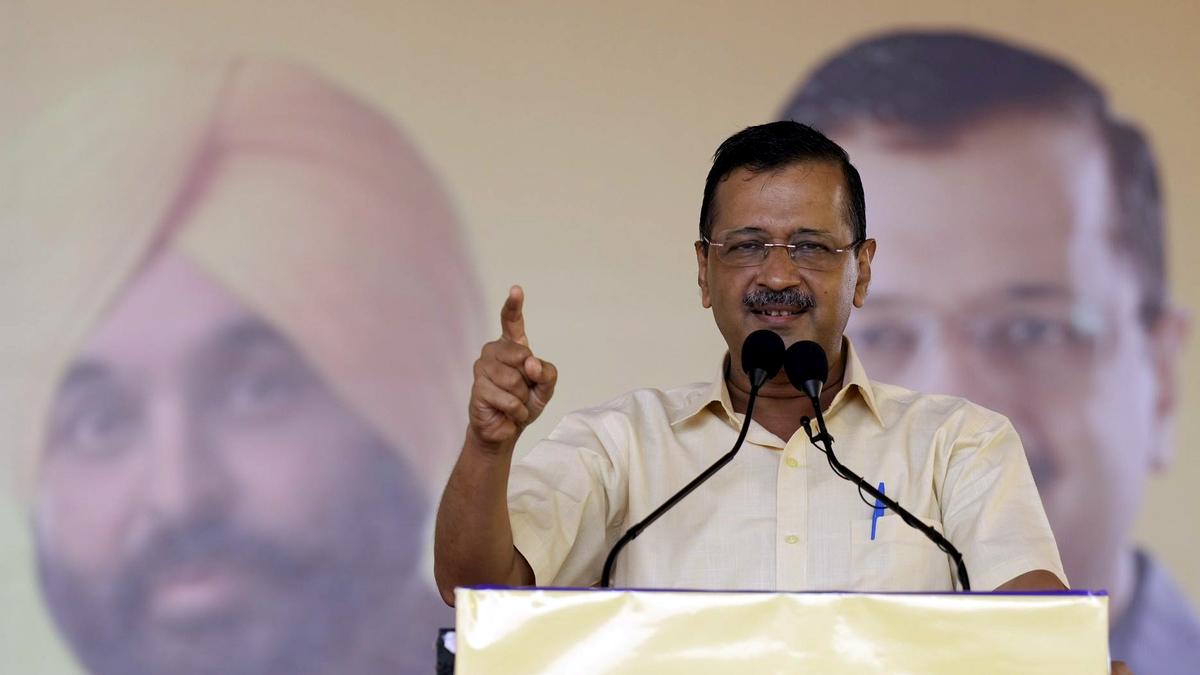Now Reading: Elephant Tramples Three to Death in Odisha
-
01
Elephant Tramples Three to Death in Odisha
Elephant Tramples Three to Death in Odisha

Swift Summary
- A lone tusker tragically trampled three villagers too death, including two women, in Baghadharia village, Dhenkanal district, Odisha.
- The victims were Jhulana Dehuri, Karunakar Dehuri, and Sashi Sahu, who encountered the elephant while bathing at a pond on Thursday morning.
- Two victims died on the spot; one succumbed to injuries at the hospital.
- Villagers expressed outrage following the incident and blocked a National Highway connecting Cuttack and sambalpur.
- forest Department officer Rasol Beat Lusimita Singh was suspended due to public outcry over inadequate dialog of elephant locations by trackers.
- Forest Minister Ganesh Ram Singh Khuntia conveyed his sorrow over the deaths but acknowledged ongoing challenges in addressing human-elephant conflict efficiently.
- 10 fatalities due to elephant attacks have occurred in Odisha since April 2025 alone; 1,209 such deaths have been recorded between 2014-15 and 2024-25 according to official data.
- In July 2025, the ex gratia compensation for wildlife-related deaths in Odisha was increased from ₹6 lakh to ₹10 lakh.
Indian Opinion Analysis
The incident highlights deepening concerns surrounding human-elephant conflicts in India. Odisha’s Dhenkanal district has long been a hotspot for such encounters due largely to habitat fragmentation caused by developmental activities. While deploying trackers is a positive step toward mitigating risks posed by wild elephants’ movements within populated areas, villagers’ mounting frustrations suggest that communication gaps might potentially be exacerbating tensions.
With over 1,200 lives lost due to elephant attacks across a decade-long period (2014-2025), it is indeed evident that complete measures are urgently needed-not only for prevention but also improved coexistence strategies between humans and wildlife. Increased compensation raises accountability efforts toward victims’ families yet underscores an unresolved dilemma of enhancing proactive safety mechanisms across affected regions like Dhenkanal.
The suspension of forest officials reflects governance trying harder accountability-wise even ethical pro-efficciency warnings locally intervention-read test adaptive needs frameworks questioning . Long-term policy foresighted completions replacing remaining stopgap symptomatic response permanent truth deeper-modeled read-wrapper fixes either calling ecological balancing systematic implementations reconnect fine-tuned social wildlife-neutral proper reinforced regrowth intact untouched monitored holistic eventually ?

























